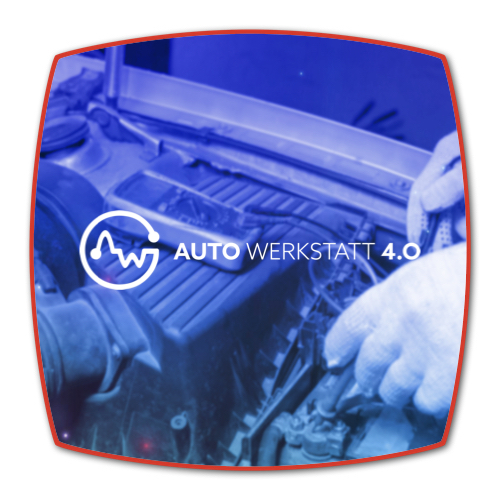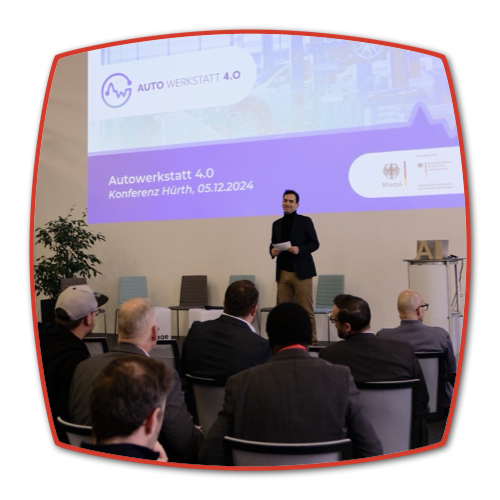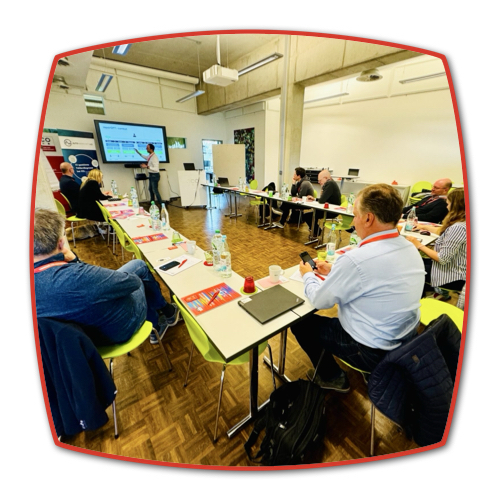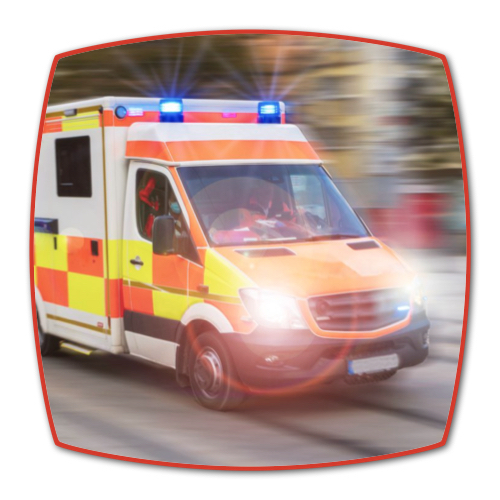
Mobility Competence Group
The year 2024 for the Mobility Competence Group (CG) was marked by numerous workshops on the Car Repair 4.0 project and the central topics of artificial intelligence (AI) and data rooms in the automotive market. Since July, these topics have also been significantly supported by the new Head of the CG, Juan Hahn.
Completion of Car Repair 4.0: AI and digital diagnostics in car repair shops
In 2024, the Car Repair 4.0 project entered its third and final year. Under the leadership of eco – Association of the Internet Industry and with the support of the German Federal Ministry for Economic Affairs and Climate Action (BMWK), the project was able to significantly promote digitalisation in car repair shops. The project ended in December and will now be continued within the Mobility Competence Group.
Improving quality, reducing costs and creating new opportunities for car repair shops: the core objective of the project was to put AI-based solutions into practice that enable more precise and faster error diagnosis. To this end, a system was developed that uses oscilloscopes and AI models to record and evaluate voltage curves in the engine compartment of vehicles in real time. These data-based diagnoses are not only suitable for modern vehicles, but also for older models and can be easily integrated into the everyday work of many car repair shops. Particularly noteworthy is a newly created platform that securely connects car repair shops and enables the exchange of vehicle data and AI models via the Gaia-X infrastructure.

There were again numerous workshops and events in 2024. These were rounded off by the final conference in December at the AI Village in Hürth.
Important project results:
- AI-supported error diagnosis: Improvement of diagnostic accuracy by analysing voltage curves in the engine compartment using oscilloscopes and AI. This increases efficiency in car repair shops, reduces repair errors and saves costs.
- Platform for car repair shops: Development of a secure, connected platform – Car Repair 4.0 Hub – for the exchange of vehicle data, supported by the Gaia-X infrastructure. Over 5,000 car repair shops are part of the newly created network.
- Combatting the shortage of skilled workers: Supporting car repair shops with digital tools that make everyday work easier and promote the training of young skilled workers.

Workshop: AI in the automotive aftermarket – sharing data, promoting innovation
In October 2024, the Car Repair 4.0 project brought together experts from the automotive sector to discuss the sensible use of AI and the handling of data in the automotive aftermarket. The presentations by AHEAD Automotive made it clear that the key to innovation lies in trust-based data sharing – they introduced an AI-supported repair assistance platform called Qira.
Dr. Jan Hendrik Schoenke, Artificial Intelligence Manager at WAGO, presented the concept of a RepairGPT for more efficient repair processes: “Our vision is for the customer to experience a single conversation while many participants work together seamlessly in the background”.
It became clear that only when manufacturers, car repair shops and other players work together on open, AI-based solutions can the potential for the aftermarket be fully exploited. Further results are summarised in the follow-up German-language report.
- More on the topic of AI in the automotive aftermarket.
- The German-language workshop “Pitch n’ Collaborate: Breaking Data Silos – Key to Digital Innovation in the Automotive Market?”, which took place in Cologne in June, also focused on the topic of data sharing.

Faster response times: How rescue mobility is changing
Modern technologies such as 5G and AI are revolutionising emergency services by increasing the efficiency of operations, improving communication and ultimately saving lives. At the end of May, eco Mobility CG (in cooperation with IoT CG) held a public event to discuss the trends that will shape emergency care in the future.
Connected rescue mobility: The use of telematics and GPS technologies makes it possible to track emergency vehicles in real time and determine the fastest route to the scene. AI-based processes take current traffic data into account to calculate the optimal routes.
Drones as flying first responders: Drones can be used to quickly assess the situation and transport medical equipment such as defibrillators to patients before the emergency services arrive. In combination with telemedical support, they enable early first aid.
Telemedical support: Mobile devices allow first responders on site to be guided by experienced doctors, which improves the quality of initial care. Functions such as automatic translation, geo-information and image transmission provide valuable additional information.
- Read the detailed article here.
- Find out more on this topic in the German eco podcast episode “Smart and Connected Emergency Services: When Digitalisation Saves Lives”.
